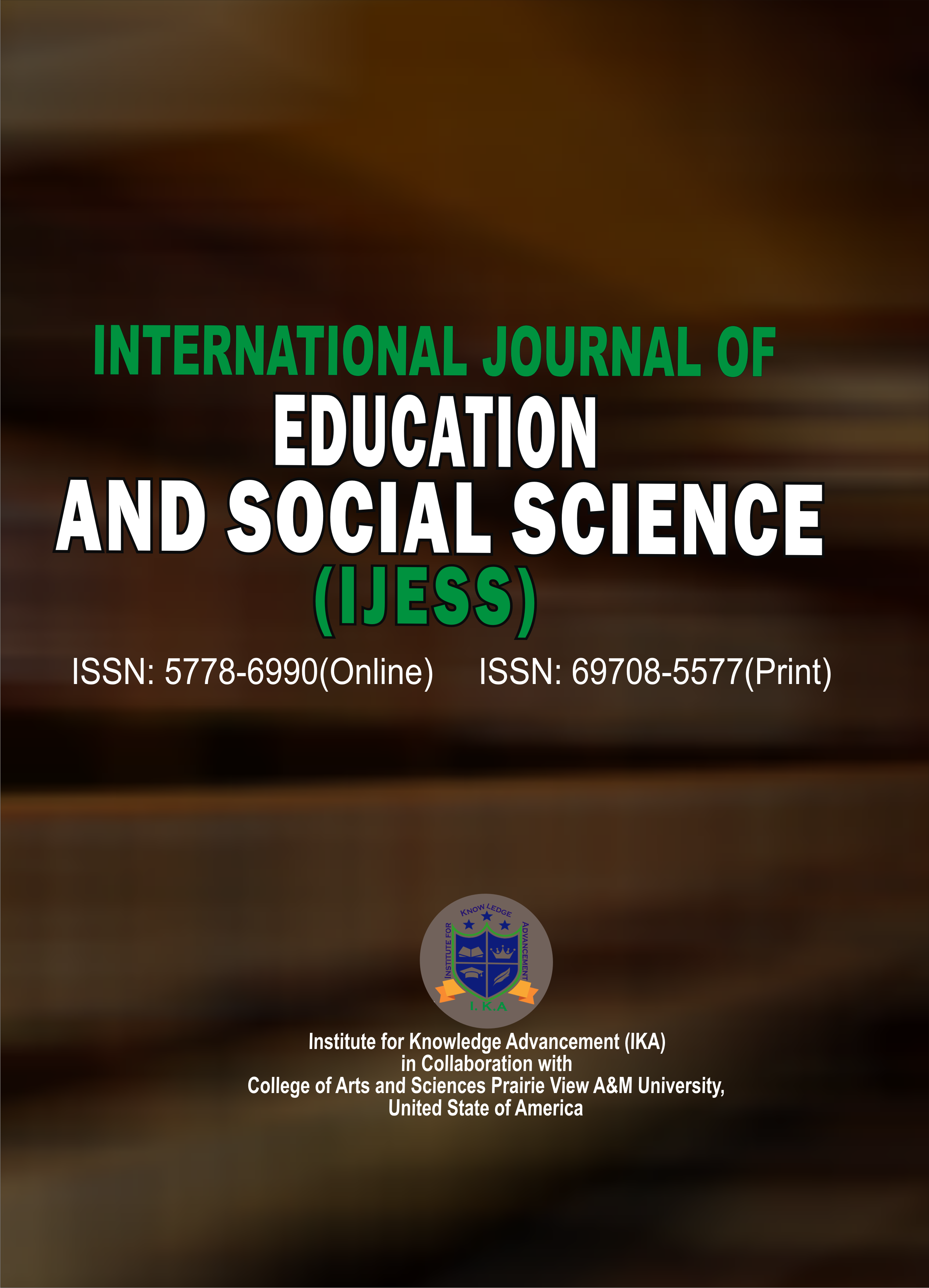INTERNATIONAL JOURNAL OF EDUCATION AND SOCIAL SCIENCE (IJESS)
Bridging Time and Space: The Power and Purpose of History, Geography, and Diplomatic Studies in Higher Education
E-ISSN: 5778-6990
P-ISSN: 6790-5577
DOI: https://iigdpublishers.com/article/731
This paper advances a narrative of integrative knowledge, situating History, Geography, and Diplomatic Studies as vital disciplinary nexuses for cultivating global citizenship and critical thought in higher education. Drawing on a thematic focus of interdisciplinarity and civic purpose, the study interrogates how this fieldsoften taught in isolation-can be repositioned to illuminate the interconnectedness of human experiences across time and space. It employs a constructivist theoretical framework informed by spatial humanities and critical pedagogy, asserting that knowledge production must not only reconstruct past realities but also inspire transformative engagement with the present and future. The research analyzes curriculum models, case studies, and policy frameworks from three higher institutions in the Niger Delta to explore how integrative teaching of these disciplines enables students to navigate complex global issues-conflict, migration, climate change, and diplomacy-with historical depth, spatial awareness, and ethical reasoning. It further argues that such interdisciplinarity strengthens cultural literacy and fosters empathy, thus equipping students with tools to interpret the world and act within it. The conclusion underscores that bridging temporal and spatial perspectives through these fields enriches higher education’s role in shaping informed, humane, and agile thinkers. The paper recommends institutional reforms including interdisciplinary course clusters, collaborative teaching, and experiential learning models (e.g., diplomatic simulations and heritage mapping) to embed this vision. Ultimately, the study affirms that integrating History, Geography, and Diplomatic Studies is not merely an academic exercise but a pedagogical imperative for preparing students to engage meaningfully in an interdependent world.
Sambo Johnson Madigwe, Tarelayefa Anthonia Clarke PhD & Umeme Johnson Faith
Ajayi, A.O. (2020). The relevance of humanities in contemporary African education. Ibadan University Press.
Aluede, O., & Aluede, R.O.A. (2015). The place of history in the development of Nigerian education. African Journal of History and Culture, 7 (9),184-187. https://doi.org/10.5897/AJHC215.0264
Bentley, J.H. (1993). Old world encounters: Cross-cultural contacts and exchanges in premodern times. Oxford University Press.
Bodenhamer, D. J., Corrigan, J., & Harris, T.M. (2010). The spatial humanities: GIS and the future of humanities scholarship. Indiana University Press.
Boyte, H.C., & Hollander, E. (1999). Wingspread declaration on renewing the civic mission of the American research university. Campus Compact. Retrieved from https://compact.org
